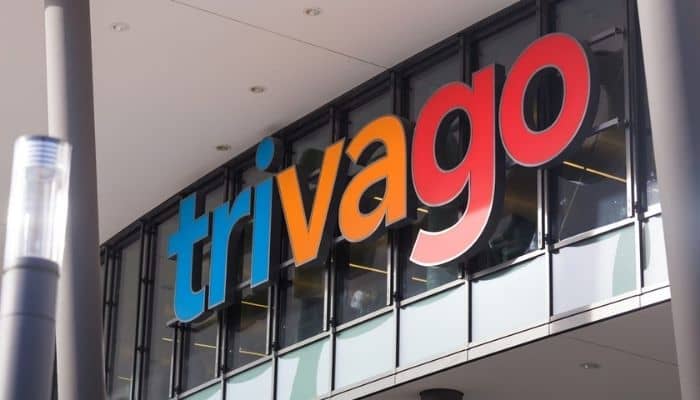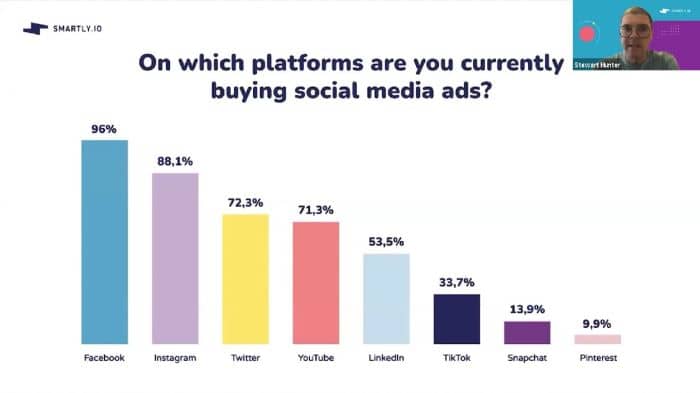Australia — The Australian Competition and Consumer Commission (ACCC) has instituted proceedings in the Federal Court against mobility as a service provider Uber, which has admitted it engaged in misleading or deceptive conduct and made false or misleading representations in the Uber ridesharing app.
Uber has admitted that it breached the Australian Consumer Law by making false or misleading statements in cancellation warning messages and Uber Taxi fare estimates and has agreed to make joint submissions with the ACCC to the Court for penalties totalling $26 million to be imposed.
Between at least December 2017 and September 2021, the Uber rideshare app displayed to over more than two million Australian consumers who sought to cancel a ride a warning with the words to the effect of ‘You may be charged a small fee since your driver is already on their way’, even when consumers were seeking to cancel a ride within Uber’s free cancellation period.
Most Uber services including the popular UberX have a five minute ‘free cancellation period’ after the driver has accepted the trip, in which an Uber user can cancel their ride without incurring a fee.
Gina Cass-Gottlieb, ACCC Chair, said, “Uber admits it misled Australian users for a number of years and may have caused some of them to decide not to cancel their ride after receiving the cancellation warning, even though they were entitled to cancel free of charge under Uber’s own policy.”
In September 2021, Uber amended its cancellation messaging for Uber services across Australia to ’You won’t be charged a cancellation fee’ if users seek to cancel during the free cancellation period.
Additionally, for about two years, the Uber app displayed an estimated fare range for the ‘Uber Taxi’ ride option which Uber has admitted falsely represented that the fare of a taxi booked through that option would likely be within an estimated fare range shown in the app.
In fact, the algorithm used to calculate the estimated fare range inflated these estimates so that the actual taxi fare was almost always lower than that range, and consequently cheaper than Uber’s lowest estimate. The misleading taxi fare estimates were displayed between June 2018 and August 2020, after which the Taxi ride option, available only in Sydney, was removed.
Cass-Gottlieb said, “Uber admits its conduct misled users about the likely cost of the taxi option, and that it did not monitor the algorithm used to generate these estimates to ensure it was accurate.”
“Digital platforms like Uber need to take adequate measures to monitor the accuracy of their algorithms and the accuracy of statements they make, which may affect what service consumers choose. This is particularly important as online businesses often carefully design their user interfaces to influence consumer behaviour,” Cass-Gottlieb continued.
The parties have agreed to jointly seek orders from the Federal Court including declarations that Uber contravened the Australian Consumer Law, and for the company to pay penalties. The Federal Court will decide at a later date whether the orders sought, including the proposed penalties, are appropriate.
Recently, ACCC has also fined Trivago for showing misleading hotel rates on their platform.

















